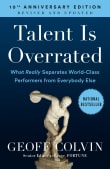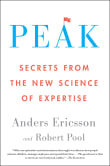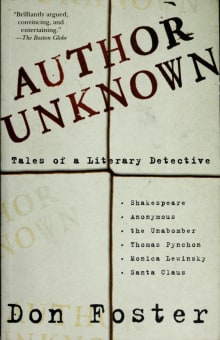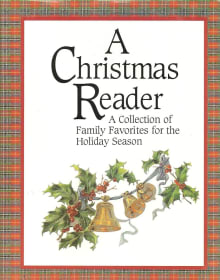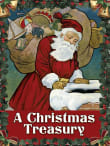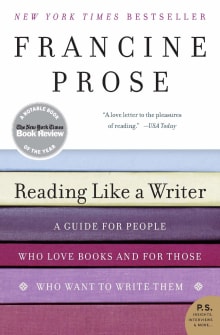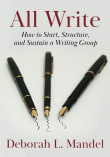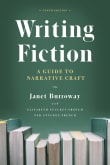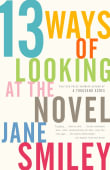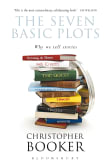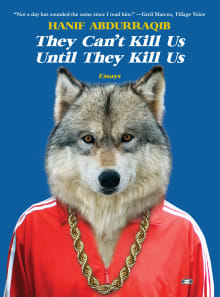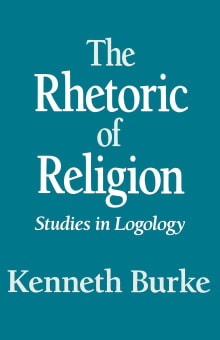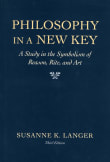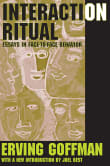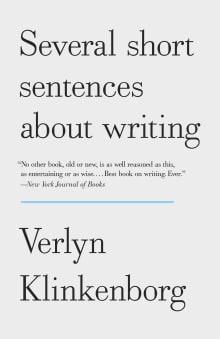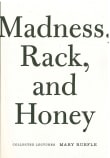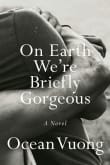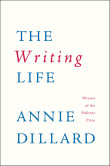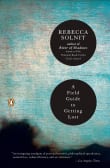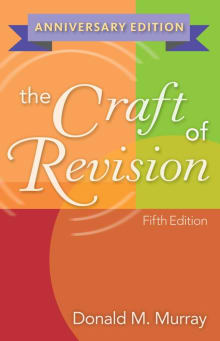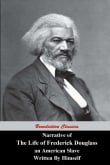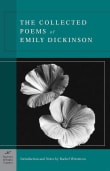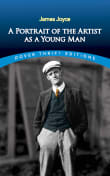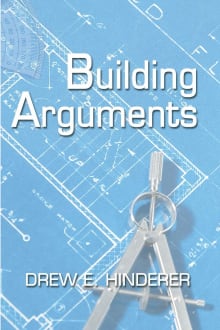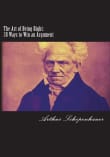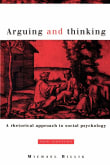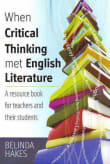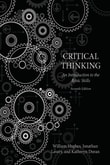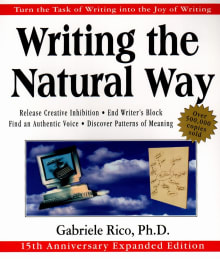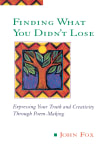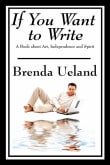Why am I passionate about this?
I am a passionate learner; passionate, not for knowledge, but for what Anders Ericsson calls “know-how.” I love to learn how to do things– especially writing craft techniques. These fascinate me because every technique and every skill I practice and master makes me better at the real work of writing: communication. In many of today’s writing workshops, aspiring writers are told to focus on themselves and their feelings. This is idiotic: expert writing is not about you; it’s about making things happen in other people—in their intellects and imaginations, in their hearts, even in their bodies. To make that happen, you need skills, skills anyone can learn through dedicated practice.
Barbara's book list on achieving writing excellence

Why did Barbara love this book?
“Classical English rhetoric”? When I first discovered this book years ago, I had no idea what those words meant. But when I opened the book to browse, I found a treasure of techniques for writing powerful sentences. Many of these techniques are based on a fundamental idea of repetition; once I started practicing them, I couldn’t stop because they were so much fun! I learned to ignore their off-putting Latin names and concentrate on using them.
So many people have been told by classroom teachers that they should never repeat a word or phrase. However, repetition is a highly effective way of emphasizing something. We do that all the time in ordinary speech. With this book, I learned several dozen ways to create emphasis in writing, too.
1 author picked Farnsworth's Classical English Rhetoric as one of their favorite books, and they share why you should read it.
"I must refrain from shouting what a brilliant work this is (praeteritio). Farnsworth has written the book as he ought to have written it - and as only he could have written it (symploce). Buy it and read it - buy it and read it (epimone)."-Bryan A. Garner, Garner's Modern English Usage
Everyone speaks and writes in patterns. Farnsworth is your guide to patterns known as rhetorical figures that can make your words more emphatic, memorable, and effective.
This book details the timeless principles of rhetoric from Ancient Greece to the present day, drawing on examples in the English language…
- Coming soon!









